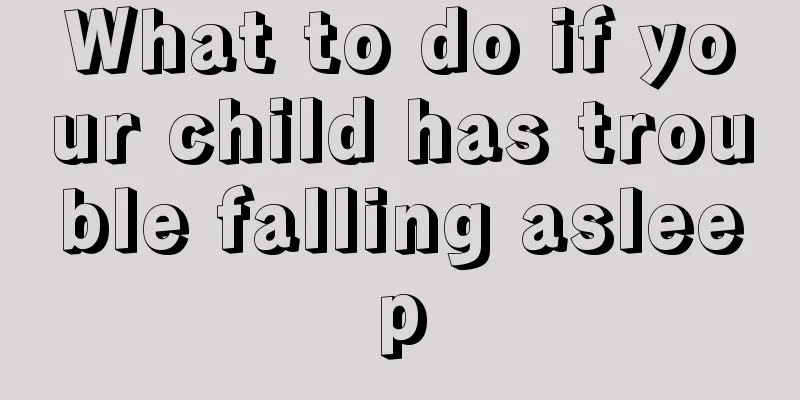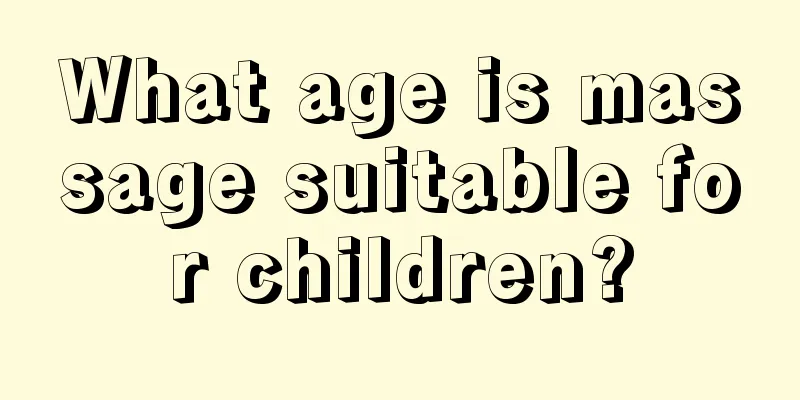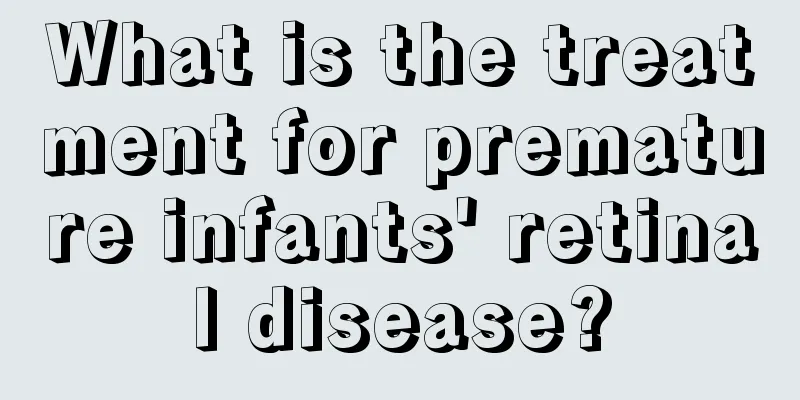Why do children have nosebleeds at night?

|
There are many reasons for nosebleeds, but the reasons for nosebleeds in children may be simpler, because children's physical fitness and body functions are different to a certain extent. Therefore, we cannot confuse the reasons for nosebleeds in children and adults. Why do some children have nosebleeds at night? Let's take a look together. There are many reasons for nosebleeds, but about half of people cannot find the cause. The tiny blood vessels in the nasal mucosa are densely distributed, very sensitive and fragile, and can easily rupture and cause bleeding. There are many reasons for nosebleeds, including nasal trauma, dry scabs on the mucous membrane, damage from acid and alkali foreign bodies, excessive sun exposure, excessive drinking, etc. Frequent nosebleeds are a complication of the cardiovascular system, internal organs, various infections, blood diseases and other diseases. Nosebleeds in children are often a sign of influenza or acute respiratory disease. If purulent discharge from the nose precedes the nosebleed, then a foreign body may be the primary cause. At this time, it can only be removed by a doctor. As we all know, about 5 kilograms of blood circulates in the body of an adult. Losing 200-400 ml of blood at a time can be recovered quickly, and the human body will not actually feel it. Nosebleeds in patients with hypertension often lead to anemia. Most nose bleeds occur in the blood vessels in the front of the nose. How should we help someone with a nosebleed and what measures should we take? First, we need to let the patient sit down, keep his head straight, and loosen his collar and belt. In order to stop nose bleeding, some people tilt their head back. This is a wrong practice because when the blood flows into the throat, people will swallow, which will increase the blood flow. In addition, the blood flowing in through the pharynx can irritate the stomach and cause vomiting. This may also cause increased bleeding. If the blood is swallowed, it will be impossible to accurately determine the amount of bleeding, which is not conducive to diagnosis. You should also not tilt your head forward too low. Usually, you can put a small cotton plug into the nostrils and clamp the sides of the nose for 3-5 minutes, and the bleeding will stop smoothly. If possible, it is best to dip the tampon in a 3% hydrogen peroxide solution, which can enhance blood clotting. As we all know, blood vessels constrict when we are cold. So you can stick cotton, towel or handkerchief soaked in cold water on the bridge of your nose. Within an hour, you can place an ice pack on the bridge of your nose for 1-2 minutes, every 2-3 minutes. After the nosebleed stops, do not remove the tampon from the nose immediately. It can be kept in for 2-3 hours if the patient is not asleep. The tampon inserted by children can be removed after 20-30 minutes. If pinching the sides of the nose or stuffing it with cotton does not help within half an hour, you should seek emergency treatment immediately. Be aware that this could be bleeding from a blood vessel deep inside the nose. Before the ambulance arrives, the patient should be moved to a cool room, allowed to sit and rest, and keep his nose cool. The above are the measures we should take when a child has a nosebleed. I hope everyone can be familiar with them. Because only when we are familiar with them in normal times can we stay calm and not afraid when an accident happens. I hope everyone can take good care of their children and let them grow up healthily. |
<<: Is it necessary to test hearing of newborns?
>>: Causes and treatment suggestions for children's knee pain when sleeping at night
Recommend
How to treat acute pneumonia in children?
The most vulnerable stage of a person's growt...
Children often have inflammation
Inflammation is a disease that occurs more freque...
Why is my baby's nasal discharge bloody?
It is the wish of all parents that every baby can...
What to do if your child has a fever in summer
The most common fever among children in summer is...
What causes nose pain in children?
If a child has a sore nose but no obvious externa...
Symptoms and treatment of gastroenteritis in children
Parents must pay attention to the occurrence of g...
How to treat intestinal flatulence in newborns
Many parents have reported that their babies have...
What to do if your child keeps coughing at night
If a child keeps coughing at night, not only will...
How to treat children's ADHD?
There are fewer children suffering from ADHD now ...
Red bumps on baby's body like mosquito bites
In daily life, we may find that red bumps suddenl...
How to deal with heat rash on baby's face
Heat rash, commonly known as prickly heat, is cau...
A complete guide to baby health, a must-read for mothers
Nowadays, children are the treasure in every pare...
What medicine should children use for prickly heat?
Children's metabolism is much faster than tha...
Symptoms of separation anxiety in babies
In fact, the world is still relatively unfamiliar...
What should I do if my child has athlete's foot?
Athlete's foot is a very common disease in li...









